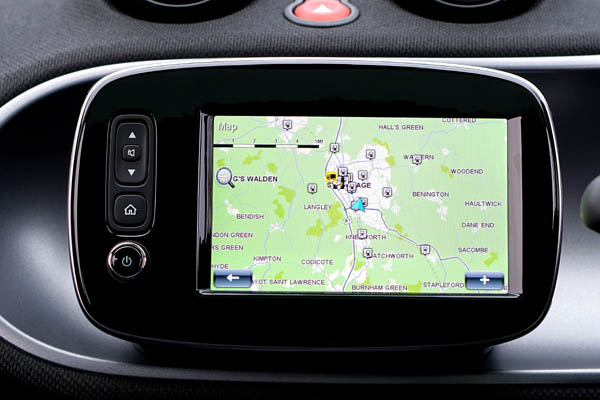iOS (Apple):
Strengths:
-
Ecosystem Integration: iOS seamlessly integrates with other Apple devices and services like Mac, iPad, Apple Watch, and iCloud. This allows for a seamless user experience across the Apple ecosystem.
-
App Store: iOS boasts a curated App Store with a strong emphasis on app quality and security. Users benefit from a wide range of apps, and developers can potentially reach a lucrative market.
-
Security and Privacy: iOS is known for its strong security features, including robust data encryption and frequent updates. Apple prioritizes user privacy and data protection.
-
Smooth User Experience: iOS is often lauded for its user-friendly and intuitive interface. Regular software updates keep older devices running well.
Weaknesses:
-
Closed Ecosystem: The tight control Apple maintains over the iOS ecosystem can limit customization and the use of third-party apps and services.
-
Limited Hardware Options: iOS is exclusively available on Apple devices, limiting choice and potentially increasing the cost of entry.
Android (Google):
Strengths:
-
Device Variety: Android is available on a wide range of devices from various manufacturers. This offers consumers more choice in terms of features, price, and design.
-
Customization: Android allows users to customize their device to a greater extent than iOS, with the ability to personalize the home screen, use widgets, and install apps from various sources.
-
Google Services: Android integrates seamlessly with Google services like Gmail, Google Drive, and Google Maps. This is advantageous for users who rely on these services.
-
Open Source: Android is an open-source operating system, which encourages innovation and allows developers to create custom ROMs and tailor the OS to their needs.
Weaknesses:
-
Fragmentation: The Android ecosystem suffers from fragmentation, with various versions of the OS and inconsistent software updates across devices. This can lead to security and compatibility issues.
-
Security Concerns: While Android has improved in terms of security, it can be more susceptible to malware and data privacy concerns, particularly on devices with less stringent security measures.
Others:
Apart from iOS and Android, there are a few alternative mobile operating systems worth mentioning:
-
KaiOS: KaiOS is designed for feature phones and focuses on providing a simplified, data-efficient, and affordable mobile experience.
-
HarmonyOS (Huawei): HarmonyOS is an emerging operating system from Huawei, aiming to create a unified platform for various smart devices, including smartphones, tablets, and IoT devices.
-
Tizen (Samsung): Tizen is used primarily in Samsung's smartwatches, TVs, and some budget smartphones. It's designed for a range of devices but has a limited presence in the smartphone market.
Each of these operating systems caters to specific use cases and may be preferred for unique features or constraints.
In summary, the choice between iOS and Android often comes down to personal preferences and priorities. iOS is known for its strong ecosystem, security, and user experience, while Android offers greater device variety and customization options. When considering other operating systems, it's essential to evaluate their suitability for specific devices and use cases.




Comments (0)